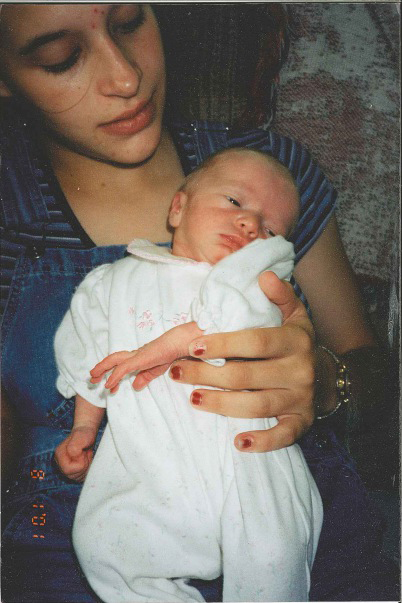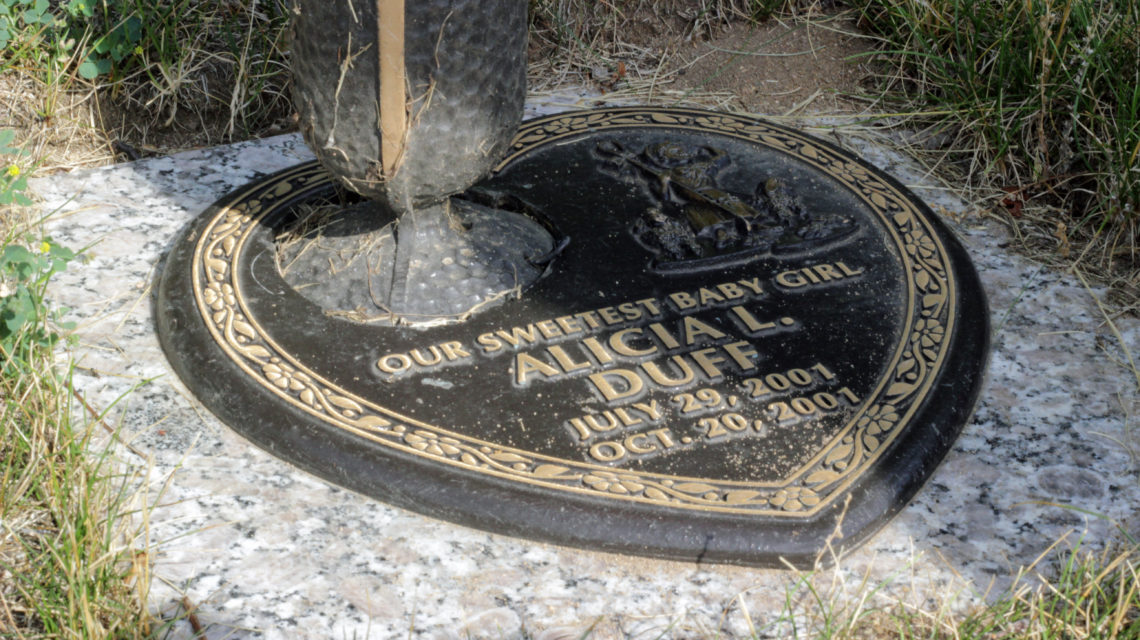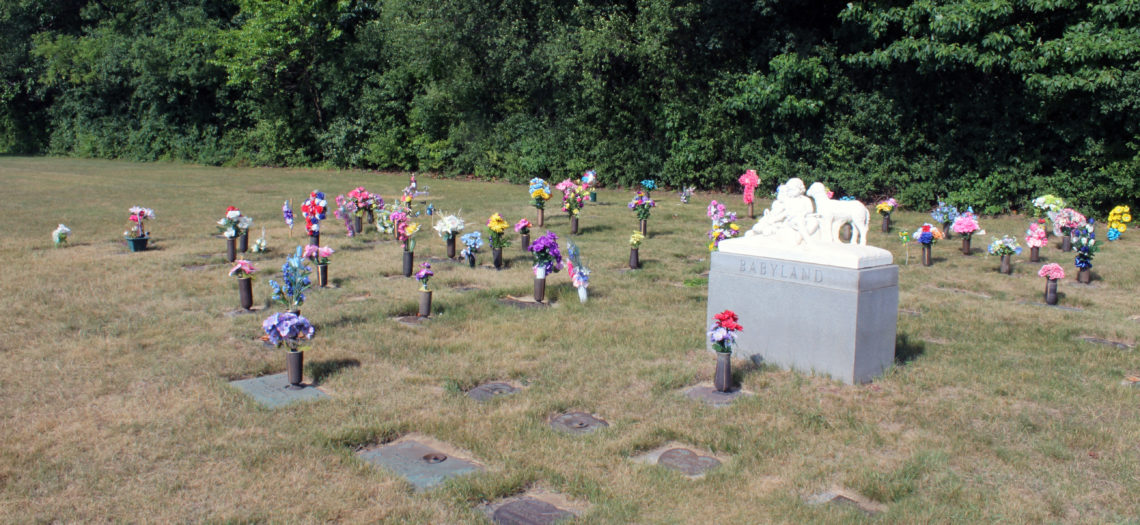Eighteen-year-old Tonia Miller was accused of shaking her baby to death. A jury in Michigan convicted the young mother of second-degree murder and sentenced her to 20-30 years in state prison. But did she do it? What is shaken-baby syndrome?
“No one believed me that Alicia was sick and when she was in the hospital still no one believed me. I just wish that someone believed me.” – Tonia Miller (The Medill Justice Project)
Thirteen years after Miller was sent to prison, family and neighbors say they remain haunted by their memories of baby Alicia. They say they noticed something was wrong in the short time Miller’s baby was alive. No one testified at trial they had witnessed the young mother harm her child. According to medical experts familiar with the case, state authorities may have foreclosed on the possibility that the death of Miller’s baby was the result of something other than shaken-baby syndrome or murder—that it could have been the result of birth trauma, an accident or an illness.
“If you were going to make a poster child for the best false conviction for shaken baby, this will be it.” – Dr. Janice Ophoven, Pediatric Forensic Pathologist (The Medill Justice Project)
Those who were closest to Miller lament the loss of their sister, daughter, cousin, friend and cling to what memories they have in the wake of Miller’s imprisonment and the death of her weeks-old daughter.
For the past nine months, journalists with The Medill Justice Project at Northwestern University have been investigating the case of Miller, her baby, her family and neighbors and the trial that sent her to prison. It’s part of a larger project at The Medill Justice Project that has, for the past four years, been looking into something called shaken-baby syndrome which has sent caretakers, mothers, fathers, and babysitters to prison–some who later had their convictions overturned.
In this episode of Life of the Law, we present this audio story, reported by Adele Humbert and Taylor Mullaney, part of a five-part special multi-media investigation by journalists at The Medill Justice Project, an award-winning national investigative journalism center based at Northwestern University that examines potentially wrongful convictions and criminal justice issues.
Listen to SHAKEN (english version)
Reporter Adele Humbert also produced a french language version of SHAKEN. Special thanks to Chloé Berthier, Caroll Clausse, Florence Duquesnoy, Béatrice Kulp, Amandine Minaud, Marie-Véronique Nalis, Sylvette Nicolini, Rosalia Rizo-Ortega, Pauline Maillot, Jean-Christophe Roux, et Léa Voisin for their help producing the french version. Vous pouvez écouter ce reportage/podcast en français ici:
Ecoutez la version française de SHAKEN (french version)
Find out more about shaken-baby syndrome and the reporting by The Medill Justice Project:
A REMINDER OF WHAT’S LOST – video
Reported by Allisha Azlan
SHAKEN — two print stories
Reported by Erin Bacon, Ethan Cohen, Madeline Fox, Drew Gerber, Anika Henanger, Sophie Hoblit, Marissa Mizroch, Isabel Schwartz and Katie Way
Suggested Reading
- Shaken Science: An earlier year-long investigation by The Medill Justice Project and The Washington Post into shaken-baby syndrome
- The Medill Justice Project’s coverage of Jennifer Del Prete’s case: The Medill Justice Project investigated Jennifer Del Prete’s case of shaken-baby syndrome and its revelatory findings played a role in a federal judge releasing the former Illinois day care worker from prison after she had served nearly half of a 20-year sentence.
- The Medill Justice Project’s U.S. shaken-baby syndrome database
Production Notes
Shaken, a co-production by Life of the Law and The Medill Justice Project, was reported by Adele Humbert and Taylor Mullaney with production by Adele Humbert and editing by Alec Klein and Amanda Westrich. Our Senior Producer is Tony Gannon. Our Post Production Editors are Kirsten Jusewicz-Haidle and Rachael Cain. Executive Producer of Life of the Law is Nancy Mullane.
We want to thank Allisha Azlan and Rachel Fobar, The Medill Justice Project associates, and Anthony Settipani, former The Medill Justice Project fellow, for his help with the reporting and production of our story.
Our engineers were Adam Yoffe at WBEZ in Chicago and Howard Gelman at KQED Radio in San Francisco.
Music in this episode was from The Audio Network.
Shaken (english version) Transcript
Shaken (french version) Transcript
This episode of Life of the Law was funded in part by grants from the Open Society Foundations, the Law and Society Association, and the National Science Foundation.
Shaken was sponsored by WordPress.
© Copyright 2016 Life of the Law. All rights reserved.











